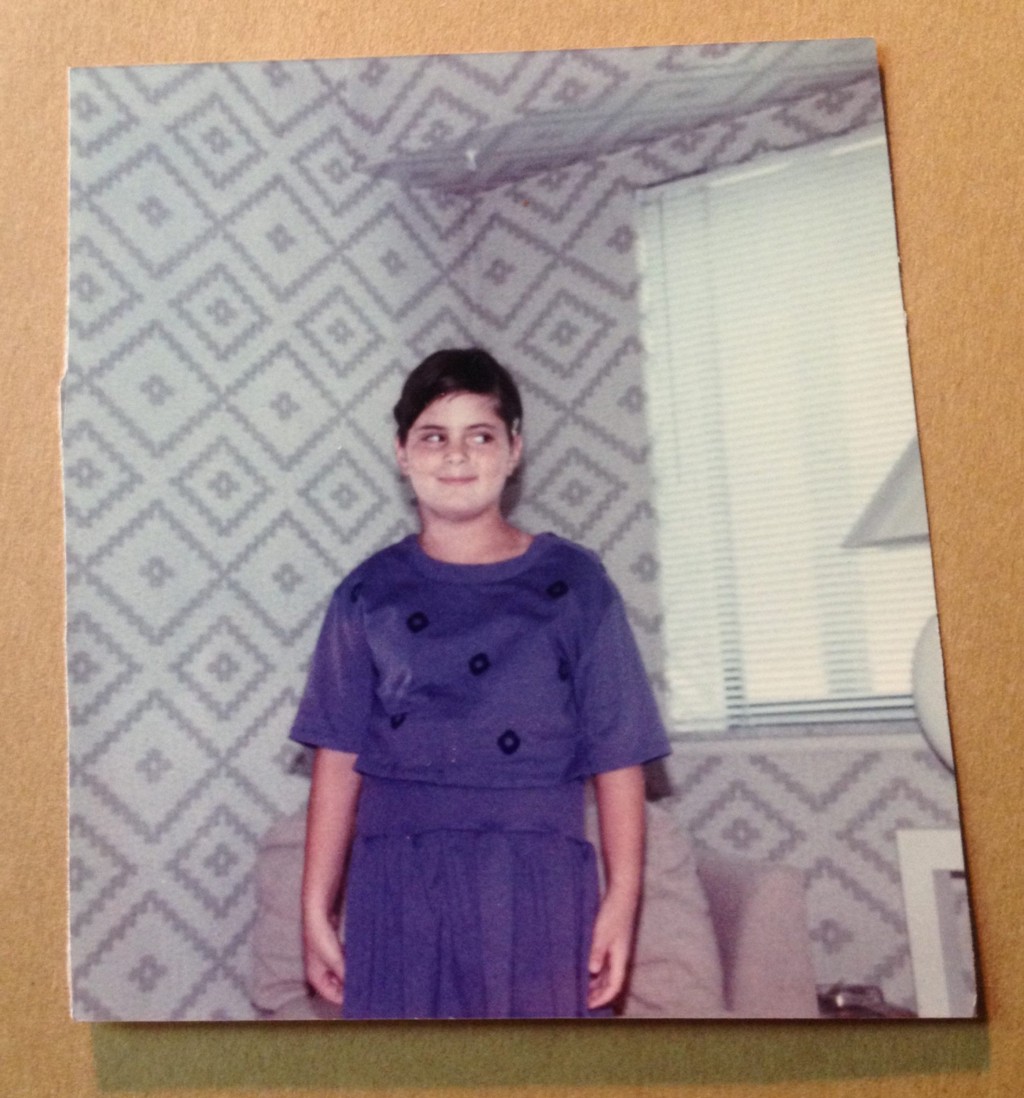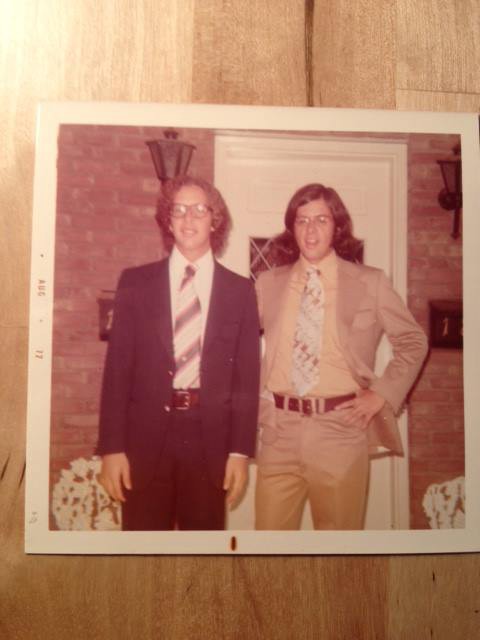Etymologies
In my other life, I’m a Roberta.


“Jacqueline” was the 54th most popular name for girls born in 1983. The name had reached its peak popularity in 1964, the grieving Mrs. Kennedy an even worthier namesake than she’d been three years before. I was named for my great-grandfather, though my father was a subscriber to The Third Decade: A Journal of Research on the John F. Kennedy Assassination, so we can’t discount Camelot’s influence entirely. Sometimes, however, my mother liked to tease me by reminding me that my parents had nearly named me Roberta, which was the 475th most popular girl’s name in 1983. In a nasally singsong voice, she would say, “We would have called you Bobbie,” which usually made me shriek in horror.
Roberta, of course, is a fine name, carried with great dignity by Roberta Flack and whoever the other famous Robertas are. Had I been born a decade earlier, I like to think that Bobbie would have served me in good stead in the waning days of lesbian separatism, though I suppose that Jeff Goldblum might have it that naming a baby Roberta in 1973 would produce a different hurricane entirely. It’s the chaos theory of baby names. Jeff Goldblum would not be wrong. Had I been born in 1973, Roberta wouldn’t have even made the list. My dad’s brother hadn’t driven off of that bridge yet, and Jews generally don’t name their children after living relatives. That takes Jacqueline out of the running, too: my great-grandfather was still alive. This is the chaos theory of life, which is death.
In 1983, though, Roberta would have been something like a necronym. His brother and his parents had only recently clawed their separate ways back to the living, where the pain of a future without Bobby could be eased by their dreams for mine. If naming were an astrology, a prophetic science of history and hope and old light, Roberta, bright fame, might have returned to them that lost, shining son. But grief eases, and I was named Jacqueline, supplanter, which I was: Bobby’s crown had been meant for the boy my mother had miscarried the previous year. No family becomes less complicated with time.
I told my therapist this story the other day, though I’ve told it before in a hundred different ways. She sighed kindly, as she does when I return to old wounds. “There was never any hope,” she said. There was never any hope that they could be saved, she meant, and I knew she was right; the ache in my chest bloomed in an instant, a flower in a time-lapse film. How could they have loved me when they were already grieving all of the people they had hoped I would become? People are contingencies, too, and the names we’re given — all of them mean chaos.
Forgetting this is a fervent private practice, but also a communal devotion. In this shit year — or, more honestly, in this noxious world we’ve built — there’s more to say about names, both proper and improper. We believe that what we call things matters to what they become, but the fact of the belief might matter more. Divinations and incantations and prophecies are always already curses of some kind. The personal is political, but the interpersonal is, too; things happen to us, and we happen to each other.
It’s funny and tender to me that the principles of time travel, the ones we’ve made up, offer consolation instead of relief.* We reach back for fantasy, but we make the resolution the truth: going back would only place you on a different path forward. This is the order of things.
No one has ever called me Jacqueline; only strangers do, and that seems right. It’s the name of someone they don’t know yet. Only I can tell them what it means.
*Theoretical physics stans, don’t @ me.
Jacqui Shine is a writer and historian.
In My Other Life, a collection of essays from writers we love, is The Awl’s goodbye to 2016.
